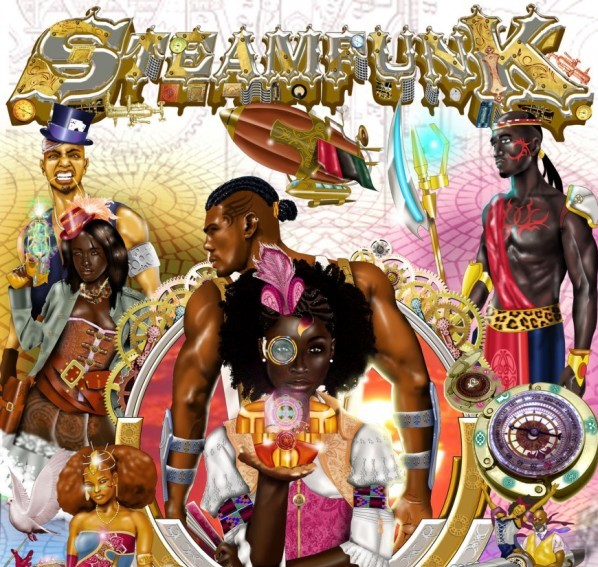Visiting a bookstore can sometimes be a struggle for a Black nerd, simply because of the way books are categorized. Whenever I step inside of a bookstore, my first stop is always the science fiction section. Routinely, I’ll do a scan for my favorite Black science fiction authors, and nine times out of 10, Octavia Butler, Tananarive Due, Samuel Delany and other popular Black science fiction authors have been placed on the African-American literature shelves. This seems to send a very clear message to readers: Black authors who write science fiction are somehow “other.” These stories are not considered traditional science fiction or aren’t really science fiction at all; it belongs, instead in the special interest, ethnic, or diversity categories of the bookstore. The categories that usually take up the least amount of space in the room, as if we have fewer stories to tell.
On the one hand, it makes sense to put Black science fiction beside other Black literature because it is Black literature and it caters to people who identify themselves culturally or racially as Black. It can also function as a powerful message to others who may not be aware that yes, we, Black people, do in fact write science fiction. For a person of color who might otherwise not bother to stroll over to the sci-fi section, thinking that there would be nothing relevant to him or her, a sci-fi novel shelved with other Black novels could easily dispel that notion.
On the other hand, this sort of categorization and marketing scheme allows for devaluation of Blackness as “otherness,” and in its otherness, less than, in both value and quality, the normal pool of science-fiction novels. For that nerdy Black kid who may be browsing the sci-fi shelves, not seeing a Black face on any of the covers of the novels feeds the belief that we do not belong in future worlds. That lack of reflection on the shelves does a disservice to their imaginative potentials, and it somehow diminishes the infinite possibilities that have been bestowed upon them as a birthright.
I have a vision that when I walk into a bookstore in future times, I am no longer going through the Black nerd struggle. In these future bookstores, no one is forced to make a choice between illusory duality of Blackness and science fiction, because there is no conflict between the two. Ideally in this future world, perhaps Black sci-fi is shelved with other sci-fi, or perhaps there is a section exclusively for Black sci-fi. The genre will have evolved in such a way that all of the artists and authors currently creating sci-fi will have found a place in the global market and on mainstream commercial bookshelves.
Then again, with the current surge in the popularity of e-books, bookshelves themselves may become obsolete. In that future world, then, a search term for a sci-fi novel will turn up Black authors with the same frequency as any other author of sci-fi, without even having to enter the term Black. But if you in this future world choose to search the e-book database specifically for Black sci-fi for an experience you can identify with, you can do so, just as easily. Until that future vision manifests, below are 10 anthologies of Black speculative fiction, sci-fi, fantasy, horror and Afrofuturism.

